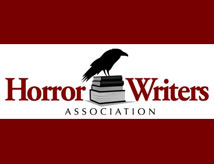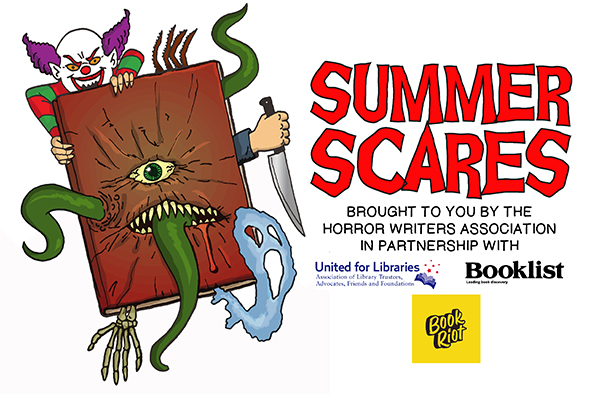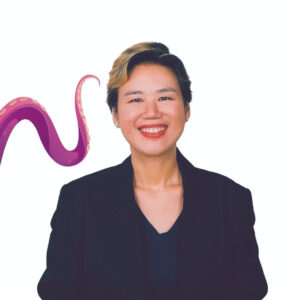
What inspired you to start writing?
I wanted to be a writer and began writing stories as early as age eight. Mainly for myself since there were no options for getting published as a child. Years later, when I took a writing class for science fiction, fantasy, and horror in my junior year at El Cajon Valley High School, the teacher encouraged me to submit a story of mine for a writing contest he knew of. I began checking the writers’ guide in the local library to find places to submit some of my poetry. Three poems of mine, “The Horse”, “Sands of Time”, and “The Leopard” were accepted, and after signing a contract to publish them in the poetry magazine Hyacinths and Biscuits, I received my first check. I was only 17 and a couple of months from graduating high school. I began writing more poetry and short stories, publishing more poetry, and even an article that ended up in True Story Magazine in the 70s. But I did not publish my first story, which happened to be a horror story, until 2000.
What was it about the horror genre that drew you to it?
I read horror stories; how can one not when Edgar Allan Poe and other writers of his era, Bram Stoker, Sir Author Conan Doyle, Mary Shelley, Washinton Irving, Robert Louis Stevenson, Henry James, Charlotte Perkins Gilman, and J. Sheridan Le Fanu who wrote dark stories, were taught in the English classes I took from junior high to college.








 This month on Holistic Horrors we take a brief look at the role of poetry in promoting well-being and connectiveness. Numerous studies suggest that this is the case. For example, in their 2018 study examining the value of writing poetry as a “means to help people living with chronic pain to explore and express their narratives in their own unique way”, researchers Hovey, Khayat, and Feig concluded that “to write cathartic poetry means bringing into presence our inner reflective thinking, emotions, and self-empathy to help ourselves and others who suffer alongside us.”
This month on Holistic Horrors we take a brief look at the role of poetry in promoting well-being and connectiveness. Numerous studies suggest that this is the case. For example, in their 2018 study examining the value of writing poetry as a “means to help people living with chronic pain to explore and express their narratives in their own unique way”, researchers Hovey, Khayat, and Feig concluded that “to write cathartic poetry means bringing into presence our inner reflective thinking, emotions, and self-empathy to help ourselves and others who suffer alongside us.” 

